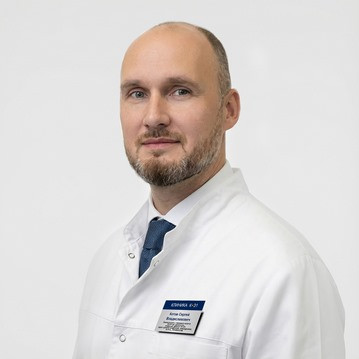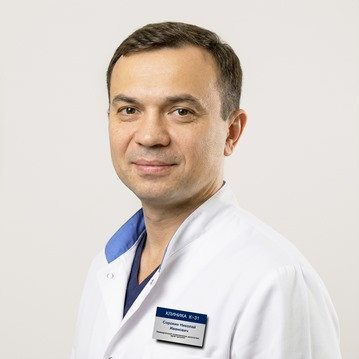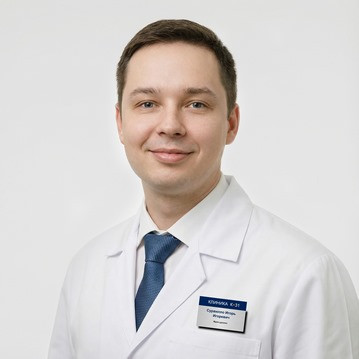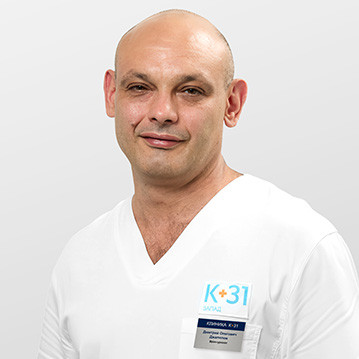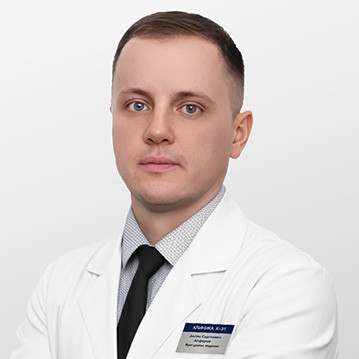Nephroptosis (from the Greek "nephros" - kidney and "ptosis" - omission) is a condition when the kidney is displaced from its normal position in the abdominal cavity down. This happens when the ligaments that hold the organ together weaken. Patients note:
- pain in the side or lower back that gets worse with movement
- nausea;
- vomit;
- rise in body temperature;
- frequent urination.
Sometimes it is asymptomatic and is discovered by chance during a routine examination. Depending on the severity of the condition, it is treated conservatively or surgically.
In the department of urology of the K + 31 clinic, professors, doctors and candidates of medical sciences conduct appointments. Doctors have been successfully treating diseases of the urinary organs for more than 14 years. Thanks to periodic internships in leading clinics in Europe, urologists have modern knowledge and skills to treat diseases of varying complexity. The department is equipped with advanced surgical equipment, which allows for high-quality diagnostics and therapy.
Causes of nephroptosis
Diseases and injuries change the structure of the kidney and affect the ligaments that hold it together. These states include:
- Congenital long renal vessels and weak ligaments.
- Strong and rapid weight loss - the fat pad that maintains the urinary organs in their normal position is reduced.
- Pregnancy - the size of the uterus increases, which puts pressure on the urinary organ.
- Abdominal trauma
- Some forms of exercise, such as boxing and wrestling, damage supporting structures.
- A congenital anomaly in the structure of an organ and the apparatus that supports it.
- Pathological conditions - tumors and cysts;
- Cystitis, pyelonephritis and other diseases of the urinary tract.
- Increased intra-abdominal pressure due to obesity, pregnancy, the presence of tumors, etc. This leads to the displacement of the organs of the urinary system from their normal position.
- Work that involves lifting and carrying heavy loads can lead to nephroptosis, especially in people with insufficient abdominal wall muscle tone.
Nephroptosis can occur due to a combination of several causes. Thanks to their experience and high qualifications, urologists at the K + 31 clinic conduct a thorough examination, determine the exact cause and choose a treatment method based on international protocols.
Symptoms of kidney prolapse
Neproptosis may cause no symptoms and may be an incidental finding during an x-ray or ultrasound examination. Patients complain of the following symptoms:
- Lower back pain is sharp or dull and gets worse with exercise.
- Painful urination.
- Blood in the urine is a sign of an infection, tumor, or other disease that can lead to nephroptosis.
- Frequent urination is a sign of an inflammatory disease of the urinary tract.
- Reduced urine volume - prolapse leads to impaired kidney function.
- A feeling of heaviness in the abdominal cavity - occurs due to pressure on neighboring organs.
- High blood pressure due to a malfunction of the urinary organ.
If you notice any of these symptoms, contact your urologist at the K+31 clinic. Bring your previous test results to your appointment. Hospital records and a list of medications you are taking. The doctor will listen to complaints, conduct an examination, get acquainted with the medical history and offer an examination plan to confirm or exclude the suspected disease.
